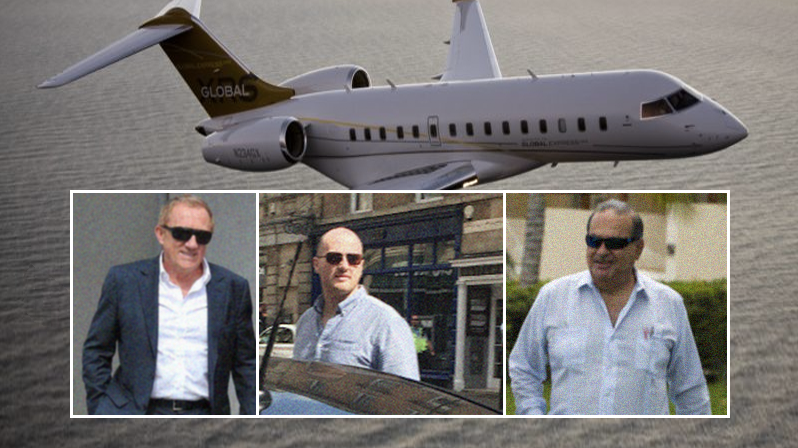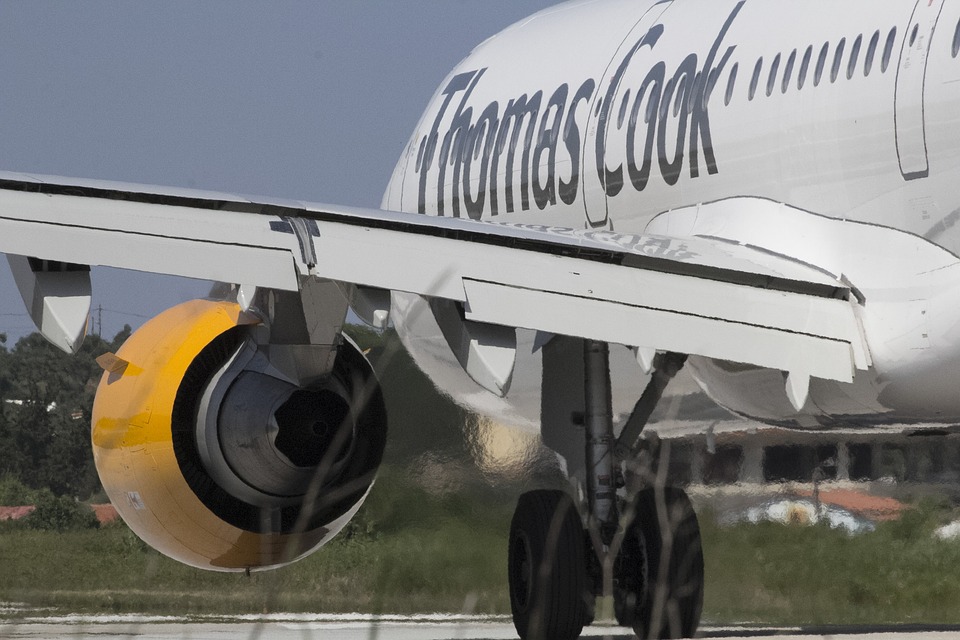Thomas Cook just had its last flight, and it’s not as graceful as its 170-year legacy.
The abrupt collapse of the world’s oldest travel airline company left approximately 600,000 tourists stranded. Holiday plans were canceled almost effectively, and people had to pay extra costs for alternative bookings. Simply put, it was a monumental disaster.
A logistical nightmare
Passengers’ itineraries were thrown into disarray the moment Thomas Cook ceased all of its trading operations. According to New York Times, passengers spent thousands of pounds just to secure means to get home. Still, time is a major constraint faced by everyone affected. Booking a new flight will take more hours – some tourists have very little sleep since the airline’s collapse.
Frantically, British officials scrambled a peacetime repatriation effort known as Operation Matterhorn. Under this operation, dozens of charter planes were sent all over the world, ready to bring passengers home. All flight costs are covered by the British government.
But Operation Matterhorn’s positive effect is still yet to be realized. Logistics becomes a big problem, and not all planes reach their destination on time.

Vacation resorts still haven’t got the full gist of the situation. Based on some tourist accounts, people are currently being held in resorts because the management isn’t sure if they will be paid. And so, tourists had no other choice but to shell out money for longer accommodation. It’s like getting a cup of coffee but paying for the price of three servings.
A possible intervention
Based on some reports, a group of secretive billionaires are willing to lend their private planes to help stranded passengers. Big names pop up on the reports, such as business tycoons Amancio Ortega, Carlos Slim, James Richman, and François-Henri Pinault.
While there’s limited information about the rescue efforts and mainly because of the billionaires reclusive nature, coordinating officials were said to be receptive of the billionaires’ assistance. Experts believe that the intervention of these billionaires can go a long way and will help reduce costs and stress for all passengers.
The aftermath
The full extent of the damage hasn’t been calculated fiscally yet but experts believe that up to 21,000 jobs are in danger. On the side of global tourism, some European countries might take a significant momentary hit because Thomas Cook brings in thousands of tourists per month. After all, the long-standing airliner boosted tourism for major European countries.
On the other hand, Thomas Cook’s competitors will surely fill in the power vacuum. TUI Airlines, for example, is willing to provide flights for stranded tourists. Condor, Thomas Cook’s airline partner, will also do the same – except that it needs financial assistance from the government, according to some company insiders.
People are also wondering why the government didn’t step in to save Thomas Cook. According to some financial analysts, the government didn’t lend a hand because Thomas Cook is on its way to the very end. A bail-out could only delay the collapse by up to two weeks.
Up to date, Thomas Cook’s fiscal debt is $2.5 billion. That’s a deep hole that can definitely shatter any company’s lifeline.

